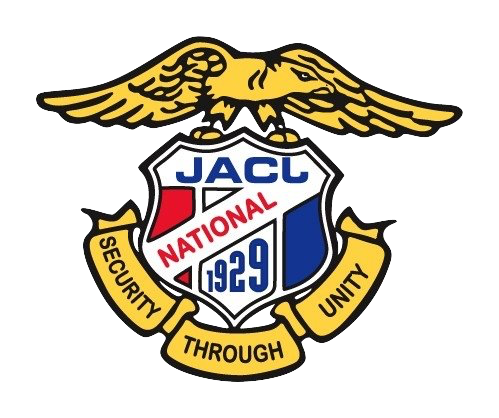JACL Youth Legacy Program
What is the JACL Youth Legacy Program?
The JACL Youth Legacy Program connects Asian Pacific Islander youth with the legacy of the Japanese American incarceration during World War II, and draws parallels to the hysteria that targeted Muslim Americans following 9-11. The program aims to address the search for personal identity experienced by many young Asian Pacific Islanders who seek greater affirmation and understanding about their collective history. The program aims to foster within the next generation the importance of historical preservation and serving as conservation stewards by connecting them to the Manzanar Concentration Camp, a National Park Service historic site that has significance to Asian Americans.
Barracks at Manzanar Concentration Camp.
When will the program take place?
August 15 to 18, 2018.
Who can participate?
The program is open to Asian Pacific Islander youth between the ages of 18-25. Participants must be a U.S. citizen or permanent resident.
Where is the program held?
Participants will individually travel to Los Angeles for a three-night, four day period. The program will be based in the Little Tokyo neighborhood of Los Angeles. An orientation and workshop sessions will be conducted, and there will be at a day trip to the Manzanar Concentration Camp site near Lone Pine in California.
The Japanese American National Museum in Little Tokyo, Los Angeles.
How will the participants get to Los Angeles and where will they stay?
Each participant will make their own flight reservations to arrive on August 15. Participants must book economy fares as far in advance as possible to get the lowest fares. Lodging will be in Little Tokyo, Los Angeles. Each participant will be paired with a roommate. Participants should plan to arrive before the program begins at 12 p.m. on August 15. It takes about an hour from Los Angeles International Airport to the Little Tokyo area.
How much will it cost?
The airfare, meals, and lodging are covered through a grant from the National Park Service. The grant also covers ground transportation from Los Angeles International Airport (LAX) to Little Tokyo and from Little Tokyo to LAX. Receipts from participants must be provided for reimbursements to be made.
As of July 6, the application period is now closed.
YLP Coordinator is Diane Matsuda, who can be reached at dmatsuda@jacl.org.
The JACL Youth Legacy Program is sponsored by the U.S. National Park Service.
Program Information
JACL Youth Legacy Program 2018
August 15 to 18, 2018
A more detailed schedule shall be posted shortly.
Landmarks
LITTLE TOKYO, LOS ANGELES
The JACL Asian American Youth Legacy Program will be based in the historic Little Tokyo neighborhood of Los Angeles. Prior to World War II, approximately 35,000 first and second-generation Japanese Americans lived in the little Tokyo area making this neighborhood home to the largest and fastest-growing population of Japanese Americans in the country. Japanese American businesses, community organizations, churches and Buddhist temples, social groups, and schools flourished, and Little Tokyo was a center of commerce and community.
General DeWitt’s exclusion orders dramatically altered Little Tokyo, and the two-block area at the heart of the neighborhood became the epicenter for the community’s forced removal. At one end, the Japanese Union Church served as the neighborhood’s “Civil Control Station,” where all local Japanese American families reported in order to register and receive their family identification numbers before being transported to temporary “assembly centers.” On the other end, Japanese families stored those belongings they could not or world not sell but had to leave behind at the Hompa Hongawanji Buddhist Temple. Though close for the duration of the war, once Japanese Americans began returning to Little Tokyo from the camps, the Hompa Hongawanji temples served as temporary housing while the former internees reestablished their lives.
The Hompa Hongawanji Buddhist Temple building is across from the Japanese American National Museum (JANM) where the sessions will be held. Opened in 1992, JANM is the oldest and largest museum dedicated to preserving and interpreting the history of Japanese Americans as part of the larger story of the United States. Participants will have access to JANM’s excellent educational resources, including its permanent exhibit, “Common Ground: The Heart of Community.”
